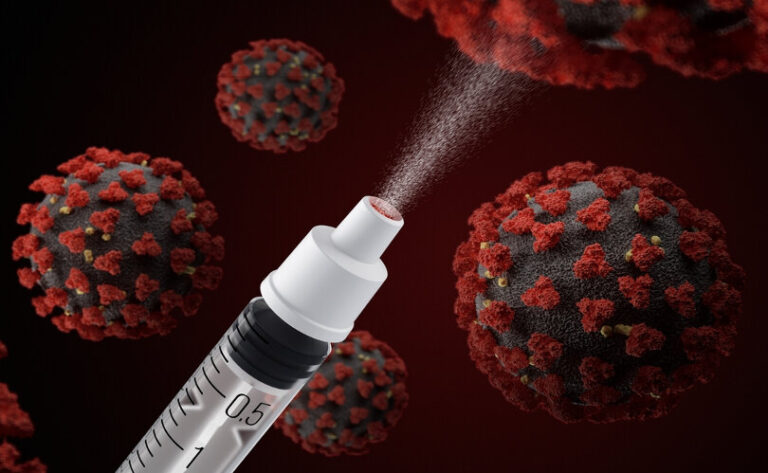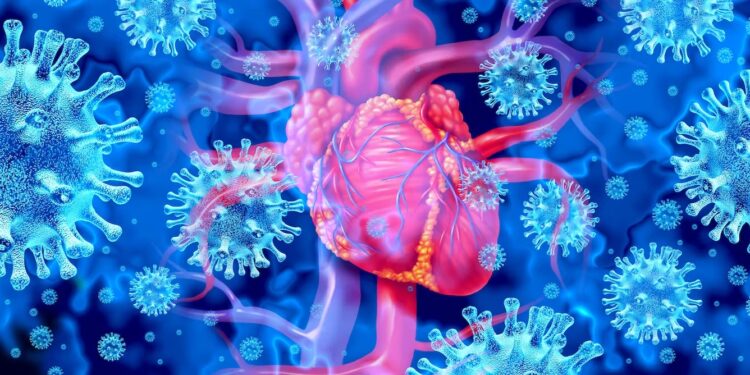Natural Immunity Better Than Protection From COVID-19 Vaccination: Study

People who recovered from COVID-19 were better off than those who received a COVID-19 vaccine, researchers find.
According to a new study, people who had protection against COVID-19 after recovering from the illness were better protected than those who received a COVID-19 vaccine.
Researchers in Estonia discovered that people who received a vaccine were nearly five times more likely than the naturally immune to test positive for COVID-19 during the Delta era and 1.1 times more likely to test positive for COVID-19 during the Omicron era.
When compared to the naturally immune, the vaccinated were seven times more likely to be admitted to a hospital for COVID-19 during the spread of the Delta variant and two times more likely to be admitted during the Omicron period.
“Our study found that natural immunity provides stronger and longer-lasting protection against infection, symptoms, and hospitalization than vaccine-induced immunity,” wrote Dr. Anneli Uusküla and her colleagues from the Department of Family Medicine and Public Health at the University of Tartu.
Previous research has also found that post-infection immunity is superior to or comparable to vaccine protection.
Dr. Uusküla and her colleagues stated that they felt there were gaps in the literature on the subject, which prompted them to conduct the research.
They selected 329,496 adults and matched many of them into three cohorts. One compared people with natural immunity to those who received a vaccine; one compared people with natural immunity to those who did not have documented prior infection or vaccination; and one compared people with natural immunity to those who had both prior infection and vaccination.
People were considered vaccinated if they had received the entire primary series of a COVID-19 vaccine and had no documented infection.
The primary outcome was laboratory-confirmed COVID-19 occurring at any time for people with no immunity, after 60 days of recovery from a prior infection for the naturally immune, at least 14 days after vaccination or 60 days after recovery for people with hybrid immunity.
Hospitalization was defined as hospitalization with COVID-19 and certain medical codes as the second outcome.
Researchers examined data from February 26, 2020 to February 23, 2022 using national health care records. The Delta era came to an end in December 2021.
Researchers discovered that the naturally immune were much better protected against hospitalization, which is used as a measure of protection against severe disease, in the cohort comparing the naturally immune to people without prior immunity or vaccination.
“During both periods, natural immunity proved to be highly effective in protecting against reinfections progressing to severe disease and was associated with a significantly lower risk of COVID hospitalization than no SARS-CoV-2-specific immunity,” the authors of the study stated.
They also discovered that the naturally immune were more likely to test positive during the Omicron era, despite being much less likely to be infected during the Delta era.
When the researchers compared people who were naturally immune to those who had hybrid immunity, they discovered that those with hybrid immunity were better protected against infection during the Delta era, but they were at slightly higher risk during the Omicron period. Only one COVID-19 hospitalization was recorded in the hybrid immunity group, compared to nine in the naturally immune.
“Irrespective of the infection-causing variant, the protective effect of hybrid immunity in preventing infection progression to severe COVID-19 significantly exceeded that of natural immunity (although the absolute numbers of hospitalizations in the hybrid immunity subcohort were small),” said the study’s authors.
On November 21, Scientific Reports published the paper.
Some people were admitted to hospitals with COVID-19 but not for it, though researchers attempted to mitigate the problem by only including hospitalizations with codes indicating patients had respiratory disease.
The European Regional Development Fund, the Estonian Research Council, and the European Social Fund all contributed to the study’s funding.
The authors declared that they had no competing interests.





